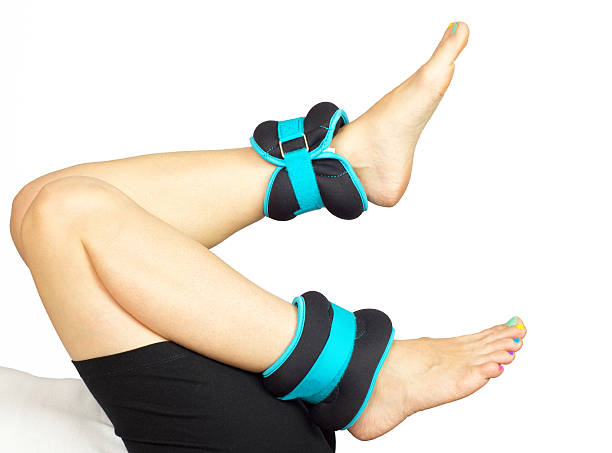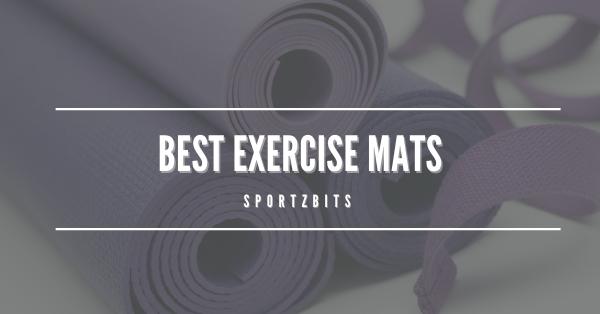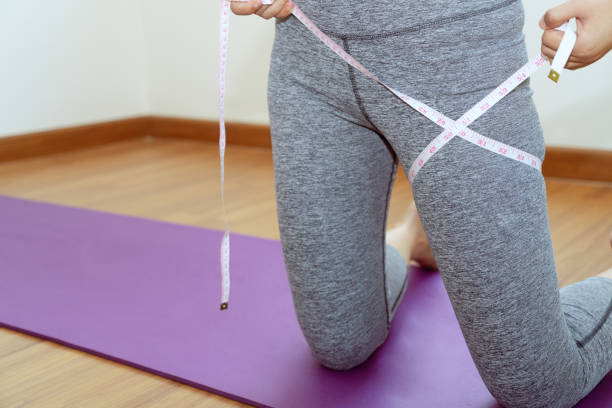The field of bodybuilding has become largely prevalent among women who find pleasure in muscle-building and weightlifting, and who take satisfaction in their bodybuilding outcomes. This endeavor though, requires substantial effort, stringent training, discipline, and precise compliance with a diet tailored for bodybuilding.
Competitive bodybuilding and weightlifting diet mean lowering body fat percentage and gaining muscle. To do that, you definitely have to watch your calorie intake while increasing protein intake. Therefore, discipline and control are some of the few things you have to keep to succeed during weight training.

Bodybuilding Phase
In a bodybuilding diet, there are two fundamental phases: the bulking phase and the cutting phase. This process could be tricky as each phase are very contrasting. You will need at least twelve to sixteen weeks of preparation before your target date if you’re competing.
Bulking Phase
This phase is not all about losing calories but taking in a calculated amount of calories and sticking on protein and carbohydrates as the building blocks of muscle tissue. This process, combined with your workout training, ensures proper muscle repair and is significant for muscle growth. This could take as long as needed to reach your muscle mass goal.
Cutting Phase
To build muscle, you have to lose fat. The cutting phase is about decreasing the calorie intake to stimulate body fat for energy when you’re engaged in high-intensity training. Usually, you will need eight to twelve weeks for this phase, but it varies on the amount of fat you have to shed.

Understanding the Bodybuilding Diet for Women
Let’s face it; there is a huge difference in the physical physique between men and women. And there are also hormones to consider when one is going through physical change and building mass. Therefore, diet for bodybuilding really varies.
Macronutrient Ratio
As mentioned in the bulking phase, there is a certain food that you have to eat for your calorie intake. But, it would be best if you broke down calories into an ideal macronutrient count. Macronutrients that bodybuilders take are composed of carbohydrates, protein, and fat in the right amounts. But, the percentage of calorie intake per food group also varies with the intensity of your workout routine.
If you’re in the bulking phase, your macronutrient ratio should be protein 15-20%, fat 20-30%, and carbohydrate 50-60%. While in the cutting phase, your protein intake should be at 20-25%, fat 15-20%, and carbohydrates 55-60%. In this phase, you can toggle between the percentage of protein and carbohydrates. Means, you can increase the protein percentage when you decrease the carbohydrate intake.
As for fat intake, low-fat dieting for women has a disruptive effect on hormones as fat plays an important role in producing female hormones. If you want to keep the balance, you can consult your doctor or nutritionist or experiment with trial and error with proper progress tracking.

Roles of the Macronutrients in Bodybuilding
The macronutrients you will increase or decrease in intake have their own roles in weight loss and weight gain.
Protein
Protein is widely known to be essential in the bodybuilding business. It is basically amino acids to use in the body. Protein comes in various forms. It could be solid food or can be consumed as a beverage like a protein powder shake. This is an important part of your bodybuilding diet as it is responsible for tissue repair and growth to build your muscle. However, protein consumption should not exceed 1 gram of protein per 1 pound of body weight to avoid kidney problems in the long run.
Carbohydrates
Carbs have a notorious reputation for bringing weight gain, and it is widely avoided by women who don’t want that extra pound. But for a female bodybuilder, carbs are a great source of energy and glucose, which allows the brain to function after a strenuous workout.
Fat
Consuming fats will prevent you from getting hungry throughout the day. But, it’s not recommended to consume post-workout.

Diet Planning and Scheduling
Organizing by planning your meal helps you to be efficient in achieving your goals. After all, bodybuilding entails discipline.
Timing
Just like the intake amount of macronutrients, bodybuilders should be strategic about the timing of consumption.
Pre-workout Meal
It is recommended to eat your main meal 3-4 hours before your workout and eat your snack or a light meal 30-60 minutes before exercising. Your meal should consist of protein, and carbohydrates, low in fat and fiber.
Post-workout Meal
After an exhausting exercise, your body will demand energy for your recovery. Carbohydrates supply glucose or glycogen, which provides you with energy. Right after your workout, consume a ratio of 3 grams of carbohydrates for every 1 gram of protein. Ultimately, avoid fat intake as it slows gastric emptying.

The Food
One of the exciting parts of bodybuilding is the food and meal plan. If you’re starting with the sport, it will probably be a big adjustment to your diet. But hang in there, as there is still appetizing food to look forward to that could help you build muscle.
Good Food Sources
- For protein: chicken breast, lean beef, turkey breast, white fish, shrimp, egg whites, tempeh, tofu, green beans, lentils.
- For Carbs: sweet potato, vegetables, fruit, brown rice, quinoa, nuts, oats, whole grain loaves of bread.
- For Fats: greek yogurt, cheese, salmon, coconut oil, avocado, nuts, and nut butter.
Food to Avoid
Not all carbs, fats, and proteins are beneficial. Here are some foods to avoid.
- Protein: protein bars, sausages, processed meat, and deli
- Carbs: sugary drinks, pastries, fruit juices, chips, and candies.
- Fats: lard, heavy cream, vegetable oil, and fried foods.

Supplements
Aside from consuming rich foods, one way to bulk you up is to consume supplements. There are many supplements to choose from as it has become a huge product in the weight training industry. Most weight trainers take in their protein from protein powder, a protein shake that is usually whey protein-based. But again, if you take supplements, make sure you are cautious with the intake amount as it can damage your kidney.
Conclusion
Building muscle is a serious business. You have to be 100% committed if you want a satisfying result. Bodybuilding has its health benefits, too – physically and mentally. You will definitely lose body fat and gain muscle mass. You will learn discipline and focus as you control yourself from eating anything and everything and keep your strength training in order.





